Western media conspiracy theories about Hezbollah distract from Lebanon’s real issues
By: Robert Inlakesh
Lebanon is clearly facing a crisis so severe that the country verges on complete collapse, but regardless of what the facts indicate, the Western/Persian Gulf media continues to make the issue about Hezbollah.
Following the nationwide protests over corruption and economic despair in October 2019, Lebanon was plunged into an even greater crisis, after former Prime Minister Saad Hariri resigned. Despite several attempts to form a technocratic government, they have all - up to this point - failed and or formed only to quickly resign.
Prime Minister designate Saad Hariri will reportedly meet again with the country’s President Michel Aoun, come Monday, in order to discuss the issue of government formation. Although there have been almost 20 meetings between the two, yet they have not announced any breakthrough.
According to the IMF (International Monetary Fund) the Lebanese economy has shrunk 25% in the last year. The World Bank also reports that 50% of the country’s population are below the poverty line, whilst the local currency has lost 90% of its value.
Instead of the Western media focusing on the real underlying causes behind Lebanon’s steep economic decline, they manage to turn everything into imaginative but infantile conspiracy theories instead. Focusing on an alleged conspiracy in which Hezbollah and Iran are secretly behind all of Lebanon’s woes.
The ‘Jerusalem Center for Public Affairs’ is one such place that such conspiracy theories are found. According to the Israel based group, a likely scenario that we could see come as a result of Lebanon’s economic collapse is the following: “Iran will bring warships into the port of Beirut and take it over. Take advantage of Hizbullah’s control of Beirut International Airport and use it as a military airfield for its own purposes. At the same time, it will establish a military airfield in Baalbek.”
The fact that such a thing could even be published should come as something of a joke, but unfortunately some actually think that this scenario is likely to occur. On the contrary, the Secretary General of Hezbollah, Seyyed Hassan Nasrallah, has instructed the group to help those from all sects where possible and has called openly for the formation of a techno-political government.
The hardships currently facing the people are also not caused by Hezbollah in any way, for if there was any proof available to present to the public, that would be the main focus of the opinion pieces published for the likes of the New York Times and Washington Post. Instead, what we see are pieces produced to condemn the group for pretty much everything else, ignoring the good done by the organization, such as aiding the Lebanese people throughout the ongoing Pandemic and aiding the needy in general, as well as aiding those affected by Israeli assaults.
The way that Lebanon operates, is not like most other countries. Lebanon’s constitution was first adopted in 1926 and set into law a system of Confessionalism, which is to mean a de jure mix of religion and politics. The constitution itself, written by the French High Commissioner at the time, decided that there would be rules which dictate that the government would be run by different groups. This translated into the President always remaining a Maronite Christian, the Prime Minister a Sunni Muslim, the speaker of Parliament a Shia and so forth.
Many Lebanese call into question the way in which the constitution, written under French rule, has fed into the sectarian divides we see today in the country. That is to say that Lebanon is governed by group leaders, who primarily take care of their own and the government is not the sole provider for the people.
The system set up in Lebanon was built upon corruption and foreign influence, much of which has torn the country apart at this point. Just a few years ago, Lebanon was a relatively stable country and now it has started to shape up to its neighbour Syria economically.
Lebanon’s agricultural industry has been destroyed, its biggest import partner [Syria] is no longer stable and is under the chokehold of sanctions, which by extension target Lebanon too. The people of Lebanon have chosen to move their money out of the country, whilst NGOs are ever present and causing their own problems. Also Lebanon has taken in as many as 1.5 million Syrian refugees, which has had its own impact. Then we have the foreign investors and tourists from the Persian Gulf Arab countries and the fact that they largely controlled large portions of the economy.
On top of this all was the horrific Beirut explosion last year, which destroyed the country’s primary port and highlighted the level of blatant mismanagement and corruption that is ongoing. But for all these problems and more, Hezbollah is not to blame.
The real reason we see so much attention placed upon Hezbollah, is because they threaten the United States’s top ally in the region, Israel. It is not because they are part of an Iranian conspiracy to militarily take over Lebanon or because they are the sole cause of the nation's financial issues, it is because they were the ones to expel the Israeli occupation forces from South Lebanon. It is for this reason that we see such disproportionate attention placed upon them in the media, because if a civil war is manufactured in order to weaken them, this works in the favor of Israel and the United States.
This is not to say that some people can’t have their own opinions on Hezbollah. However the focus of the many mainstream media outlets, is akin to their lies about Saddam Hussein’s imaginary WMD’s.
Robert Inlakesh is a journalist, writer and political analyst, who has lived in and reported from the occupied Palestinian West Bank. He has written for publications such as Mint Press, Mondoweiss, MEMO, and various other outlets. He specializes in analysis of the Middle East, in particular Palestine-Israel. He also works for Press TV as a European correspondent.
(The views expressed in this article do not necessarily reflect those of Press TV.)
Iran calls on BRICS to play role in stopping Israeli crimes
President Raeisi’s historic visit opens new chapter in Iran-Pakistan ties
Russia: Poland’s talks on hosting US nuclear weapons ‘dangerous’
India’s home minister vows to end Muslim reservation if his party wins
UN expert calls for arms, oil embargo against Israel
VIDEO | Press TV's news headlines
Iranian police drone strike kills 2 terrorists in Sistan and Baluchestan
VIDEO | TikTok ban


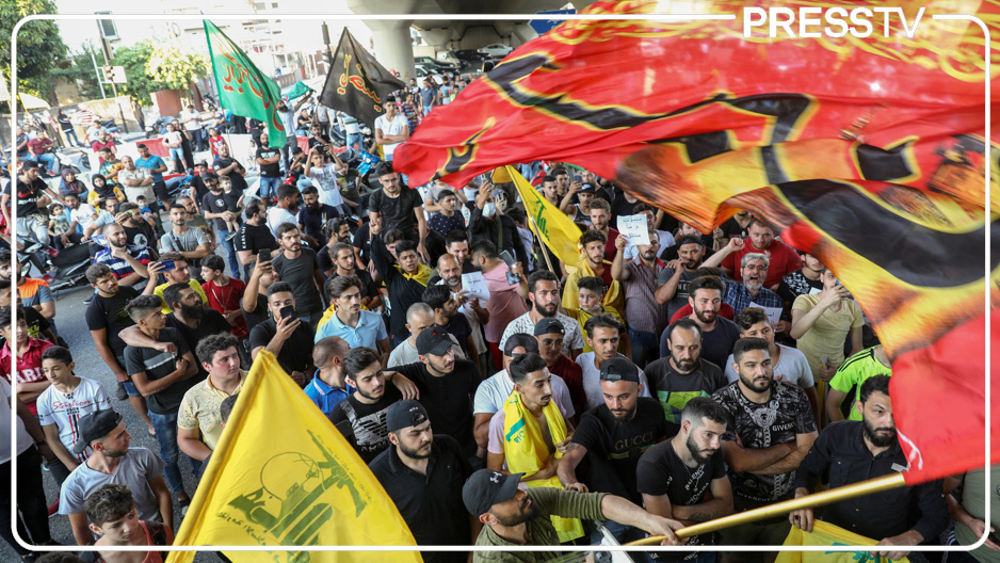
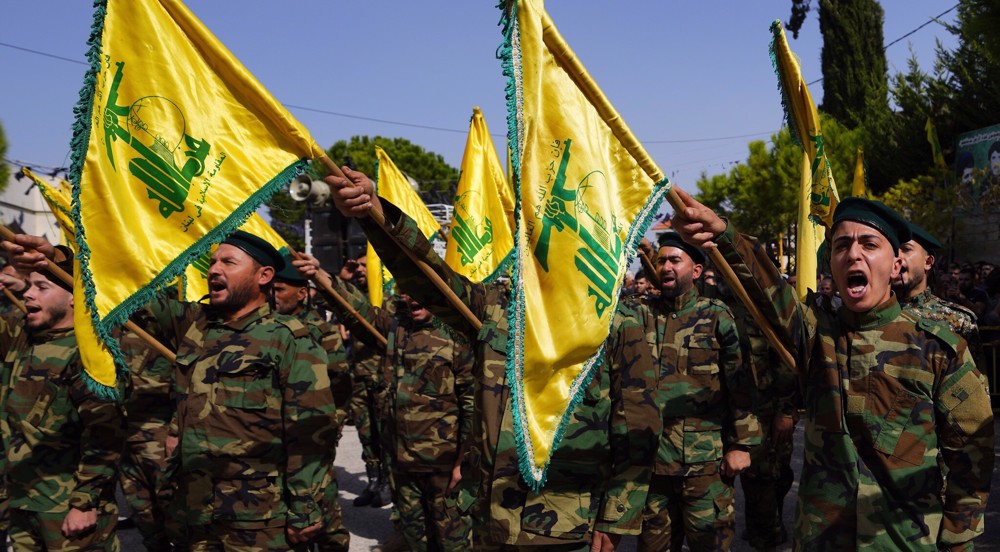
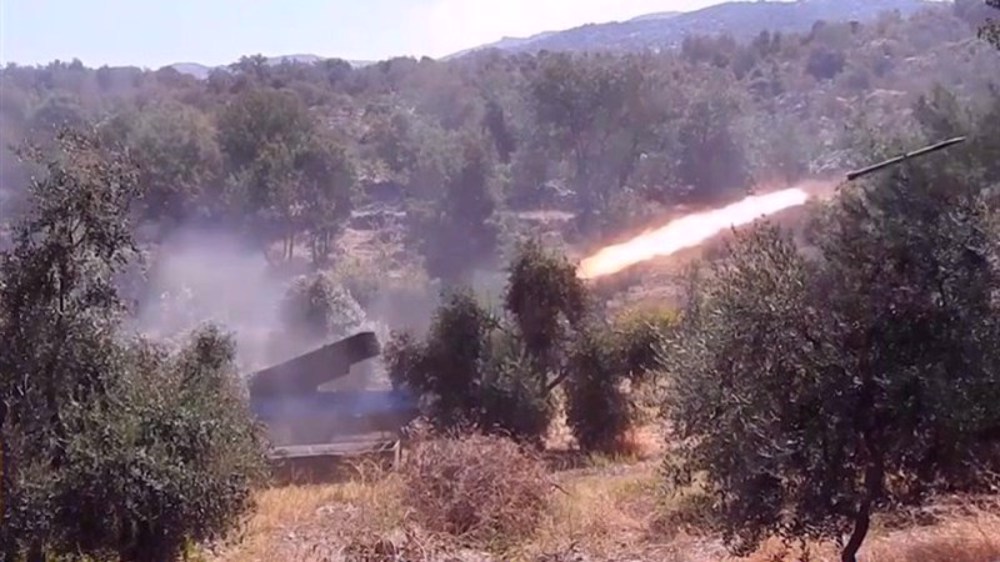
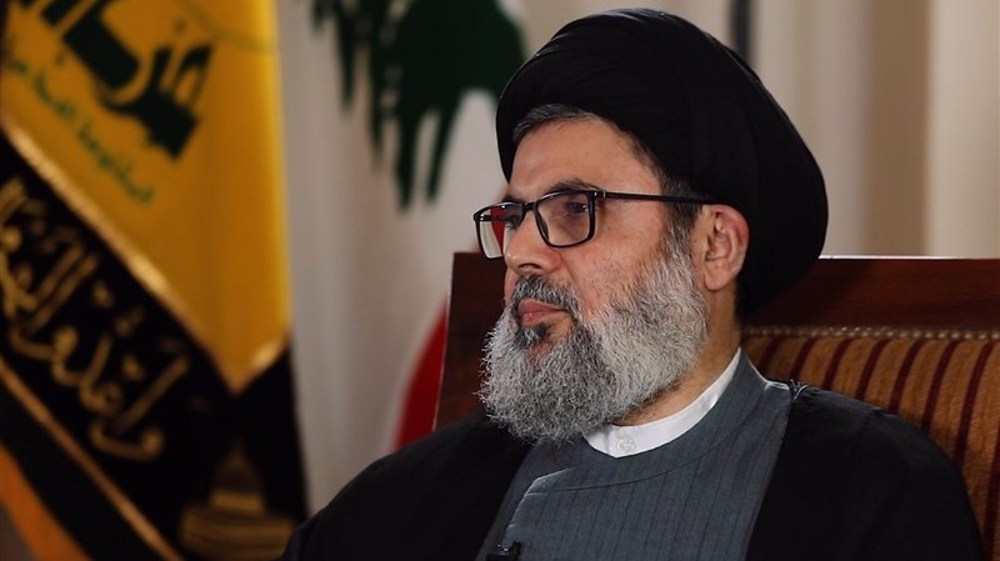



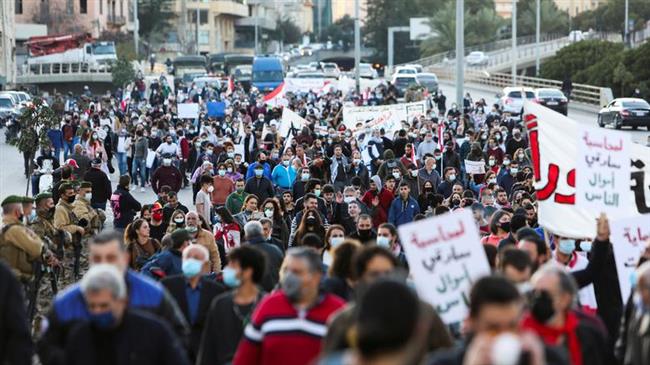
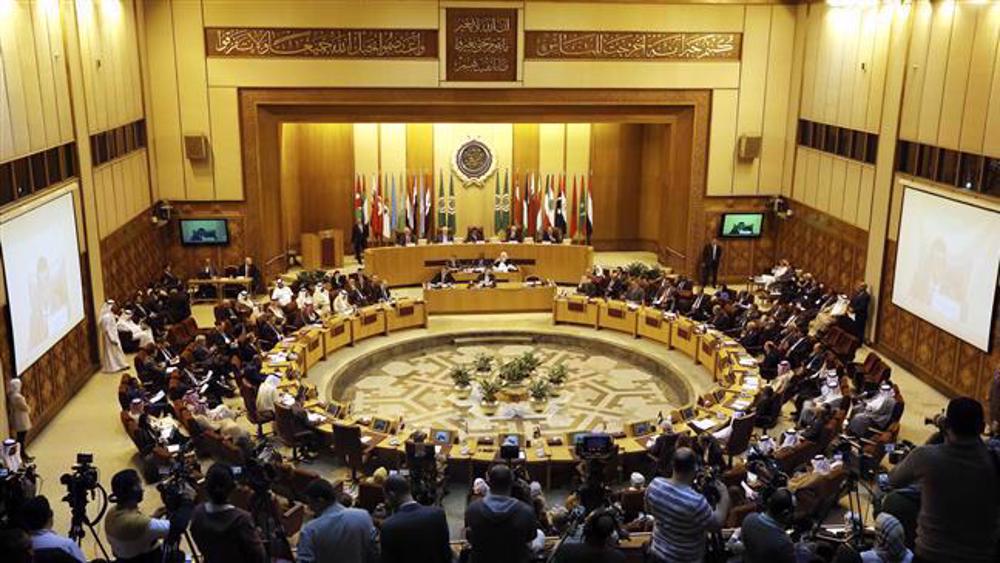
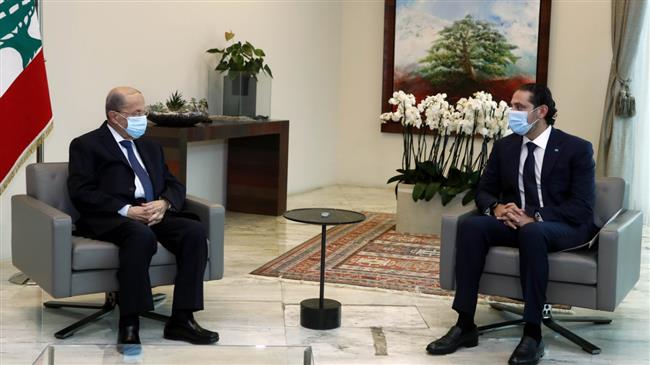

 This makes it easy to access the Press TV website
This makes it easy to access the Press TV website